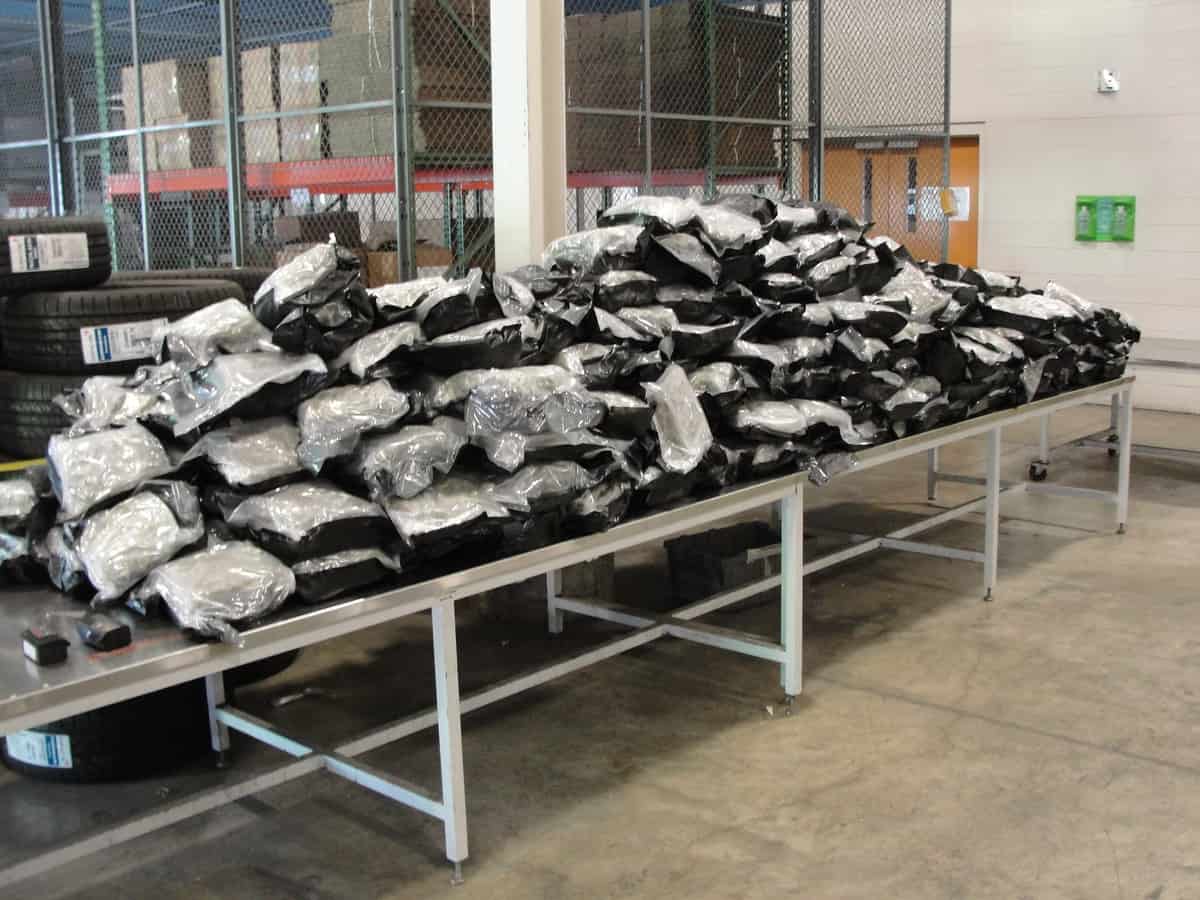
Malian customs authorities have intercepted a major drug consignment, seizing 104 cannabis balls concealed inside two trucks transporting goods from a neighbouring country, officials confirmed on Friday, July 25, 2025.
The operation, led by the Customs Intelligence and Anti-Fraud Directorate, was carried out along a monitored cross-border route following targeted intelligence.
Officers identified the suspect vehicles, searched hidden compartments within the trucks, and recovered the illicit cargo.
While authorities have not disclosed the exact weight of the seized drugs, comparable operations suggest the haul could total between 700 kg and 1,800 kg. Based on prevailing prices in the West African subregion, the estimated street value ranges from $150,000 to $400,000.
The seizure adds to a growing list of narcotics busts in Mali, underscoring the country’s struggle with expanding trafficking networks.
According to the Central Narcotics Office’s June 2025 report, law enforcement in 2024 confiscated 1,952 kg of cannabis bricks and 625 units of various other narcotics, while arresting 586 individuals, including 429 for possession or sale.
Between June 2024 and June 2025, authorities destroyed 128 tonnes of illicit substances, among them over one tonne of cannabis and 18 kg of cocaine.
This latest haul follows several significant operations earlier this year. On March 7, 2025, officials seized 75 cannabis balls weighing roughly 35 kg in Niamakoro.
On July 3, 23 cannabis packages were intercepted in a vehicle in Bamako, and on July 12, customs officers confiscated 4.2 kg of cocaine at Modibo-Keïta International Airport.
The regional picture reflects a broader escalation in drug trafficking. Neighbouring Niger reported seizing 10 tonnes of cannabis grass, 30 kg of resin, 3 kg of cocaine, and 5 kg of crack in 2024, alongside 1,023 legal proceedings and 7,794 arrests.
The United Nations Office on Drugs and Crime (UNODC) has highlighted a dramatic shift in trafficking patterns. Cocaine seizures in the Sahel — covering Mali, Niger, and Burkina Faso — rose from an annual average of 15 kg between 2015 and 2020 to 1,466 kg in 2022.
Since 2023, smuggling routes once concentrated in northern Mali have expanded to southern and western corridors, notably through Guinea, Burkina Faso, Côte d’Ivoire, and southern Mali, which now serve as preferred channels for cannabis and cocaine transit.



